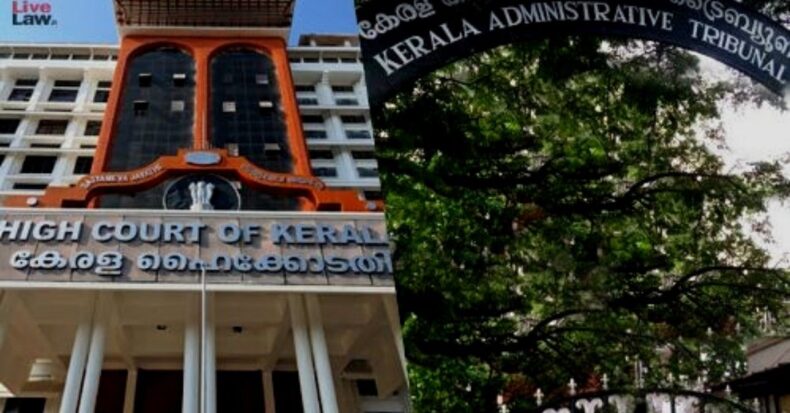A Mumbai court ruled that two people don’t need to marry simply because they are sexually connected.
The remark was made while granting anticipatory bail to three suspects charged with rape based on a fraudulent commitment to marry.
Session Extensions Judge PM Gupta continued by saying.
Marriage is a personal decision that cannot be forced onto anyone. Two people don’t need to marry only because they are sexually linked with each other.
Nobody can force these two people to marry just because they were in a sexual relationship.
According to the informant, the informant filed a complaint against accused No. 1, whom she claimed to have married in January 2021.
The informant’s father-in-law was accused No.2 and accused No.3 was a family acquaintance of accused No.1.
The informant claimed that she spent two months with accused No. 1 and his parents after her marriage, where she was treated cruelly to meet their illegal demand.
As a result, an FIR was filed against the accused persons for offences punishable under sections 498A, 323, 504, and 506 of the IPC, as well as section 34 of the IPC.
A month later, the applicant submitted the IO a supplemental statement, saying that the accused no.1 never married her and that he had broken his commitment under the guise she had consented to have sexual relations with him.
As a result, the FIR was amended to include Sections 376, 377, and 313 of the IPC.
The accused had moved the CourtCourt under section 438 CrPC, seeking anticipatory bail, fearing arrest in light of the preceding charges.
The CourtCourt established that the informant visited many locations with accused No. 1 and lived with him from April 2019 until the FIR was filed.
She stayed with petitioner No. 1 in several Thane hotels for days after the FIR was registered.
The CourtCourt concluded, based on the circumstances of the case, that accused No. 1 had an affair with the informant, that they had a sexual relationship, and that their relationship ended in a split for whatever reason.
As a result, the CourtCourt concluded that they had a consensual sexual relationship.
“Because the informant is a major and an educated woman, it is reasonable to assume that she was fully aware of the risks of having sexual relations with applicant No. 1 before to marriage.”
Fraud was used to get the informant’s consent for sexual intercourse. In the case of consent obtained through deception, inducement is a required component.
As a result, there should be enough evidence on the record to assure that the informant was convinced by application No.1 to the point where she was willing to engage in sexual intercourse with him.
According to the informant, applicant N.1 made a false promise of marriage and therefore defrauded her to get consent for sexual intercourse.
For a long time, the informant had a romantic relationship with application No. 1. Thus, a promise to marry cannot be regarded to be an enticement to seek consent by deception in such circumstances,” it added.
As a result, the CourtCourt determined that the petitioners’ liberty would be restricted if they were arrested.
The Court determined that physical custody of accused persons was not required for further investigation of the crime, based on the nature and gravity of the accusation, the character and position of the accused in society, and the severity of the punishment provided for the offence mentioned above in the event of a conviction.
As a result, it was determined that the accused petitioners were eligible for anticipatory bail.
“However, any observations expressed herein shall not be considered to be a reflection on the merits of the matter and shall be confined to the disposition of this current application alone,” the order stated.












